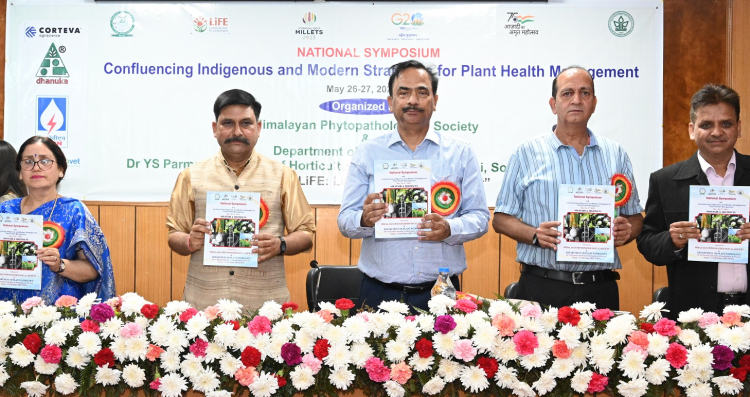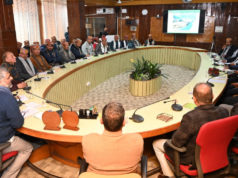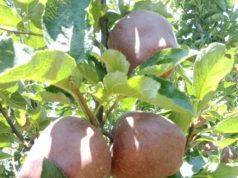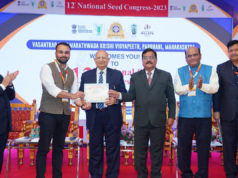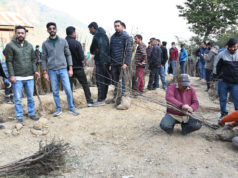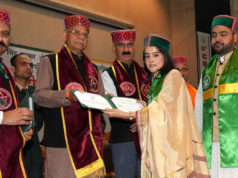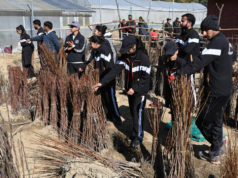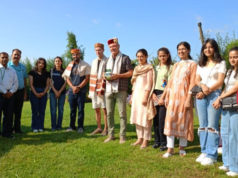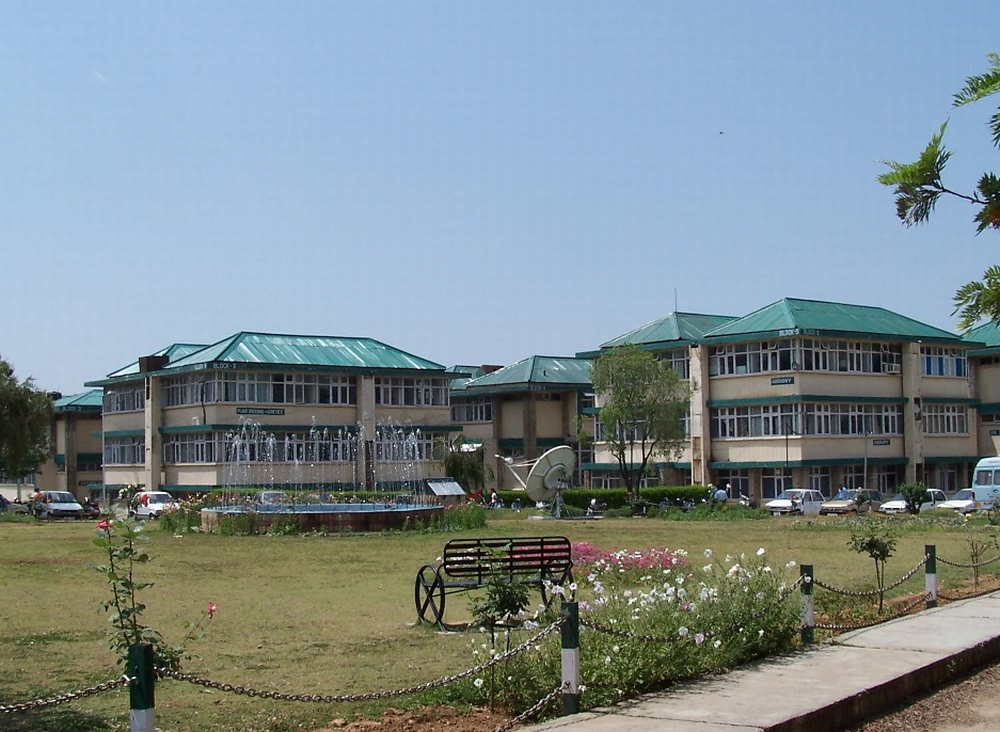Experts are emphasizing the need to bridge the gap between laboratories and fields to effectively address plant health management. The significance of plant health for the agri-horticulture sector has prompted calls for a harmonious integration of local, indigenous, and modern strategies. This topic took center stage during the opening session of the two-day ‘National Symposium on Confluencing Indigenous and Modern Strategies for Plant Health Management’ at the prestigious Dr. YS Parmar University of Horticulture and Forestry, Nauni.
The symposium, organized by the Himalayan Phytopathological Society and the Department of Plant Pathology, has attracted renowned scientists, researchers, and industry professionals from ICAR-National Institutes, reputed universities, and agrochemical industries. Their collective aim is to explore various aspects of plant health management and advocate for its importance among scientists, farmers, and the industry.
In his address, Amitabh Avasthi, the Horticulture Secretary of Himachal Pradesh, emphasized the need to incorporate farmers’ experiences into the system, acknowledging them as the true custodians of agricultural practices. Avasthi urged scientists to remain mindful of farmers’ perspectives while prioritizing the maintenance of proper plant health, particularly in relation to planting materials.
Professor Rajeshwar Singh Chandel, Vice-Chancellor of the university, highlighted the importance of narrowing the gap between indigenous and modern technologies. He drew attention to the prevalent issue of agricultural produce in the country often exceeding maximum residue levels, despite the comparatively lower usage of agrochemicals. Chandel commended the natural farming movement in Himachal Pradesh, which has successfully implemented scientifically backed, sustainable, and environmentally friendly practices embraced by thousands of farmers, resulting in favourable returns at reduced input costs.
The symposium’s agenda includes discussions on key themes such as plant health management in natural and organic crop production, the role of bioactive compounds in plant defense, strategies to address plant health challenges in a changing climate, mushroom cultivation for nutrition and livelihood, biotechnological approaches to manage plant diseases, utilization of artificial intelligence and IoT in plant disease management, plant quarantine and biosecurity, and fostering collaboration among farmers, scientists, and industry through technology demonstrations.
The symposium serves as a platform for experts from diverse backgrounds to exchange insights and ideas, with the goal of developing integrated approaches to plant health management that address the multifaceted challenges faced in the field. By combining traditional wisdom with modern innovations, stakeholders aim to safeguard the health and productivity of plants, ensuring sustainable agriculture and food security in the face of a growing global population.


